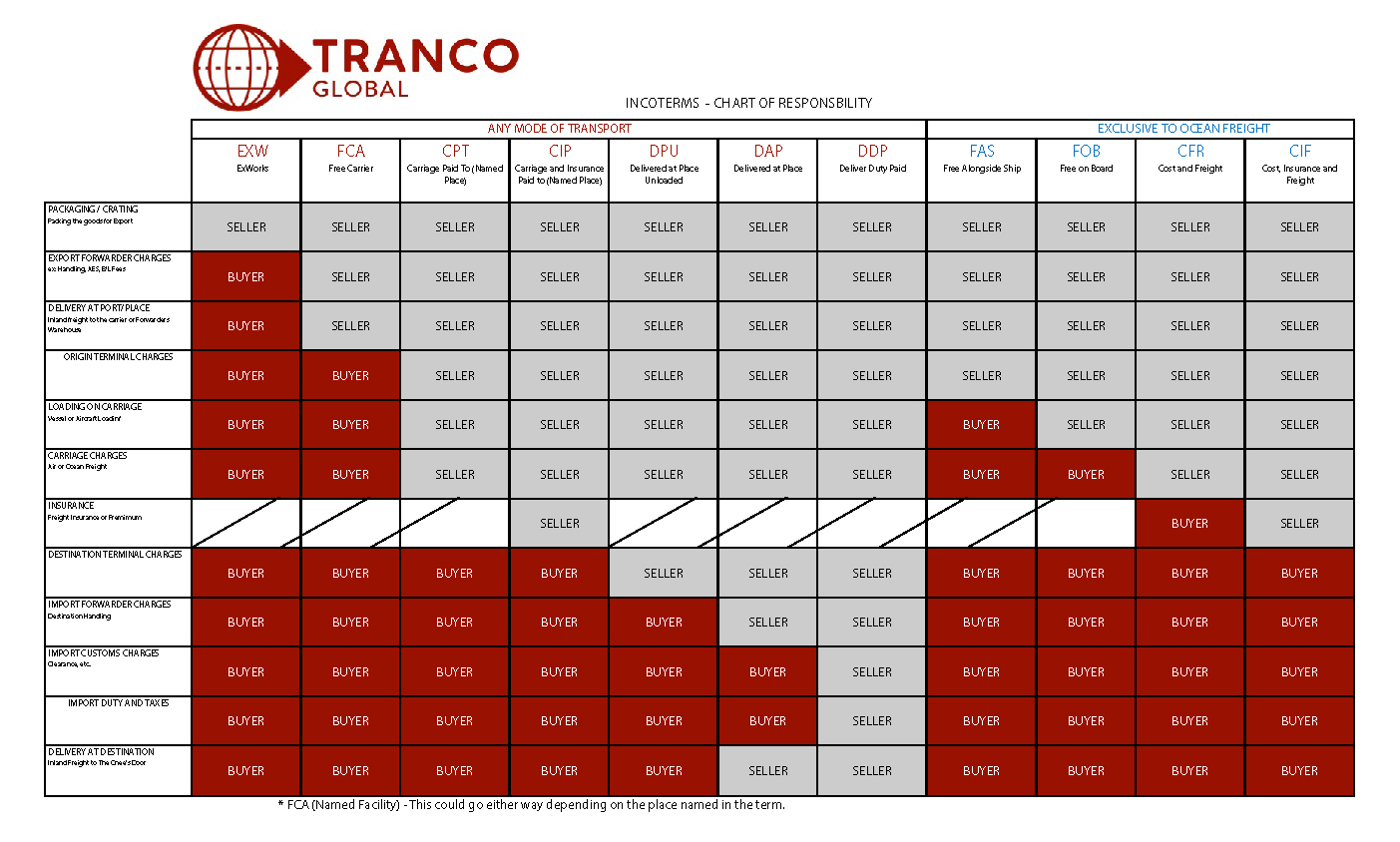Starting March 1, the European Union (EU) shipping documentation requirements have changed in efforts to aid safety and security with customs. Carriers transporting shipments to or via EU are obliged to transmit relevant shipment data to customs prior to loading, and to transport shipments only after receiving clearance from customs authorities. Shipments that could endanger flight safety and security are identified early on through this new “Pre-Loading Reporting” and sorted out before loading onto an aircraft bound for the EU.
All goods being shipped into or transiting through the *EU, Northern Ireland, Norway, and Switzerland by air will need to have the following:
- Mandatory Harmonized System (HS) codes.
- You should be able to find the correct codes for your items on your country’s government website. This should be a minimum of six digits for each line.
- Consignee Trader Identification number (EORI number (Economic Operators’ Registration and Identification)), where assigned
- Include the EORI in the Recipient Tax ID field of your shipping application (if available) and on the commercial invoice. This will reduce delays and is necessary for general compliance.
- Accurate and specific data regarding the description of the goods
- The description of goods should include what the items are and what they are made out of (material composition breakdown).
Failure to provide this data will result in your shipment being held until the required data is received.
Why is this necessary? By taking these extra steps, the EU is not only protecting its citizens, but it allows customs to identify high-risk shipments and intervene in an appropriate and timely manner. This is the 2nd of 3 releases. The first was on March 1, 2021, which included air express preloading and postal air preloading. The third and final release will occur on March 1, 2024, and will include maritime, road and rail.
*EU (Austria, Belgium, Bulgaria, Croatia, Cyprus, Czechia, Denmark, Estonia, Finland, France, Germany, Greece, Hungary, Ireland, Italy, Latvia, Lithuania, Luxembourg, Malta, Netherlands, Poland, Portugal, Romania, Slovakia, Slovenia, Spain and Sweden).


